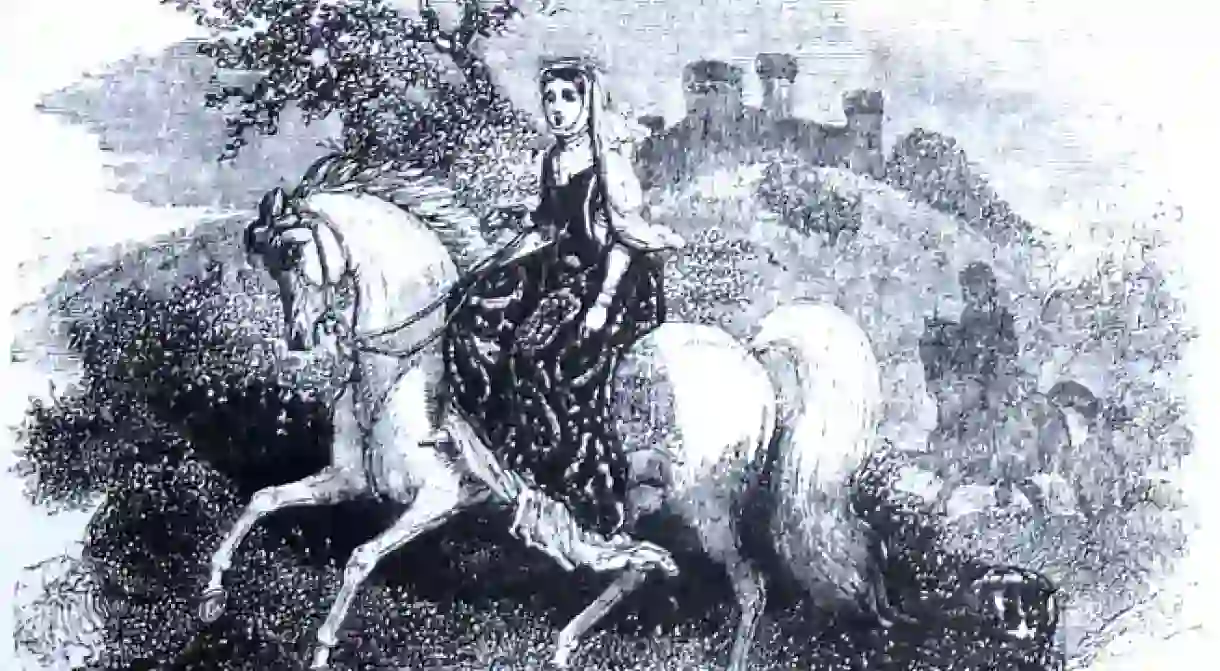A Brief History of The Mabinogion

Discover the history of an ancient collection of Welsh stories shared by word of mouth and could well have been the precursors to modern day fantasies such as Game of Thrones…
The Mabinogion is a collection of ancient Welsh mythological tales which spawned the fantasy genre as we know it and inspired countless works of fiction.
Featuring quests, dragons, magic, giants and heroes long before the advent of Harry Potter, Lord of the Rings or Game of Thrones, the tales of The Mabinogion were also the first to chronicle Arthur, his famous sword and knights. The Elvish language spoken in Lord of the Rings is even based on Welsh and several parallels have been drawn between Game of Thrones and Welsh mythology tropes.

The collection is made up of 11 tales, which weave together folklore, Celtic history and tradition and are set in a strange and magic-filled land which resembles Wales. They mostly focus on different Welsh royal families whose members signify various Gallo-Brittonic mythological gods.
The Mabinogion is essentially based on some of the first written forms of the tales. Written in the 14th century, and known as the White Book of Rhydderch (1300-1325) and the Red Book of Hergest (1375-1425), the stories themselves go back much further. For years, and down through generations, the stories were shared via word of mouth, thanks to storytellers who would move about from place to place exchanging tales for food or board. These stories evolved and developed through the Celtic and Welsh people who embellished them with each new telling.

The stories were little known outside of Wales until the 19th century, when an English aristocrat called Lady Charlotte Guest published her translation under the title The Mabinogion. Lady Charlotte was passionate about supporting Wales and its culture and also helped to preserve certain traditions such as the Eisteddfod (a festival of music and poetry).
The name The Mabinogion however was a bit of a mistake on part of Lady Charlotte; she erroneously thought ‘mabinogion’ was the plural of ‘mabinogi’, a word which appears at the end of the line ‘Ac y uelly teruyna y geing hon yma Mabinogi,’ or ‘and thus ends this branch of the Mabinogi’. ‘Mabinogi’ comes from the word ‘mab’, which roughly translates as a ‘tale’ .

The original mabinogi tales, from which The Mabiniogion takes its name, were in four parts or ‘branches’: Pwyll, Branwen, Manawydan and Math. These are all connected by a character who goes by the name of Pryderi. In Pwyll, Prince of Dyfed takes the place of the King of the Underworld after undergoing magical trials; Branwen talks about the 150 districts of Britain avenging the king’s sister Branwen; Manawydan features an enchanter who imprisons Pryderi; and Math includes a battle and Lord of Gwynedd who ends up turning his nephews into beasts.
The Mabinogion as a collection also refers to seven other stories: The Dream of Macsen Wledig; Llud and Llefelys; Culhwch and Olwen; The Dream of Rhonabwy; and three Arthurian adventures called The Lady of the Fountain, Peredur and Geraint and Enid. A 12th story, Taliesin, is also occasionally put in.













